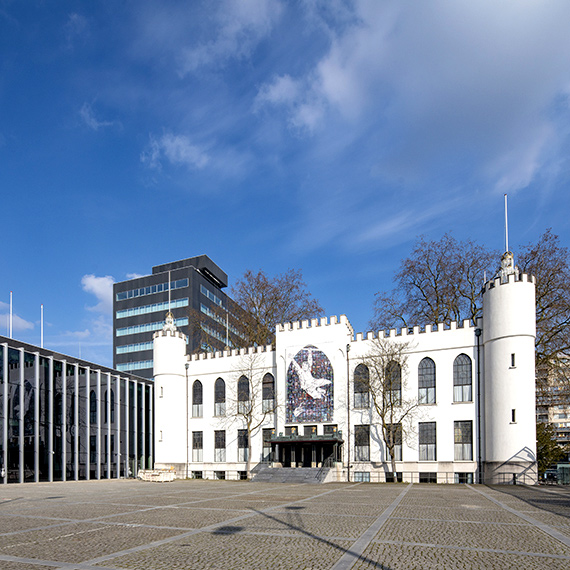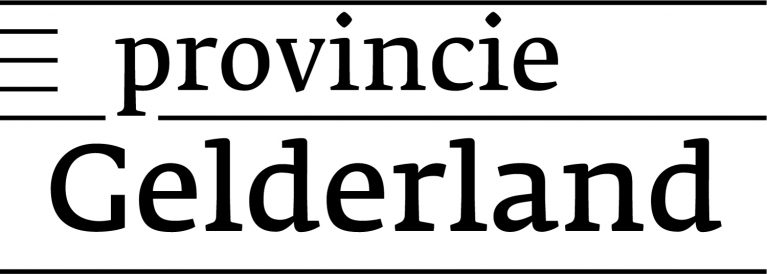Data science and big data

We encounter data everywhere we go. Many businesses purposefully collect data to get to know their clients better so that they can offer them a better service. Other organizations manage data that is necessary (or even mandatory) to provide their services. The combination of technology and data can make things easier.
What is data science?
Data science is still a relatively new field. It involves interpreting large amounts of data. And subsequently, convert this into valuable actions.
Data science focuses on the recognition of patterns to make forecasts for the future. This is in contrast to what generally happens with conventional statistical research which often looks at relationships or processes that happened in the past. Data science focuses more on being able to make recommendations for making important decisions.

What does Centerdata do in the area of data science?
Centerdata has supplemented its existing range of products and services with data science services since 2017. Our data science team works on techniques and applications of large amounts of (complex) data from various sources, so-called big data. We deploy machine learning and deep learning, data and text mining, and visualization techniques. By combining expertise in econometrics, data engineering, software development, cognitive science and artificial intelligence, our team is able to derive new insights and create (societal) value from all sorts of data, such as sensor data, social media data, internet data, or data from our own representative LISS panel. Among other things, we use and work with:
- big-data infrastructures
- powerful calculation clusters
- visualization of complex data
- data mining and text mining
- signal analysis, sensor data, internet of things
- natural language analysis
- cluster and classification techniques
- machine learning and deep learning
We primarily use open source systems, script languages, visualization packages, plug ins and online analysis tools. Our objectives include deep pattern recognition, forecasts using specific algorithms, decision-making process modeling, complex data visualizations, and facilitating research related to data science.

Interested in finding out what data science can do for you?
How can we better utilize the potential of data science for our particular issue or within our organization? We are often asked this question by our clients. Data-driven organizations continuously receive feedback about the effectiveness of their actions. What works and what doesn’t? Making the data work for you allows for a faster policy response. Thinking and doing increasingly go hand in hand. Organizations often arrive at some surprising insights and interesting discussions when they are fed by facts based on data.
Centerdata offers a wide range of expertise, knowledge and experience in the area of data science: from artificial intelligence to practical decision-making models. One moment our data scientists may be working on techniques and applications for big data or the use of machine learning, and the next they are looking at what they can learn from valuable business documents such as call center log books, social network messages, medical files, annual reports or legal documents. We also collaborate with our partners on long-term science projects to tackle major issues such as poverty, domestic abuse or crime. Centerdata has plenty to offer in the area of data science. Please contact us for more information.
Some project examples
- Preventing (organized) crime and subversion on industrial estates
The provinces of Gelderland and Noord-Brabant aim to prevent crime and subversion on industrial estates. What are the signs that may point to serious crime? And how can data science contribute to the development of an effective policy? Centerdata, in collaboration with Avans Hogeschool, looked at the relationships between the available data of local industrial estates.
- Smart Start
For the Smart Start program we are developing a model approach for preventive policies, to increase the chances of children growing up safely and to identify problems before they occur. This is done by combining experience and knowledge. For example, we look at the experiences of the people involved and combine this with the knowledge of professionals working in social care. We use data science techniques to create new insights to predict potential issues and to find possible solutions.
- Mapping transitional professions
We recently conducted a feasibility study to find out whether people working in professions that are in decline have the right knowledge and skills to move into technical jobs in the energy sector, which is suffering a staff shortage.
- Smart Street Scan
We carried out a feasibility study for a municipality for the implementation of AI technology for cleaning up litter. With the Smart Street Scan we automatically scanned public spaces using sensor and camera technology. The idea is to further streamline the services of the waste collection service, for example by optimizing sweeping routes.
Transition paths as an instrument for a skills-based career switch
Patricia Prüfer, Head of Data Science at Centerdata, briefly explains one of our data science projects.
Further information? Please contact us.
Meet our teamWe work for


